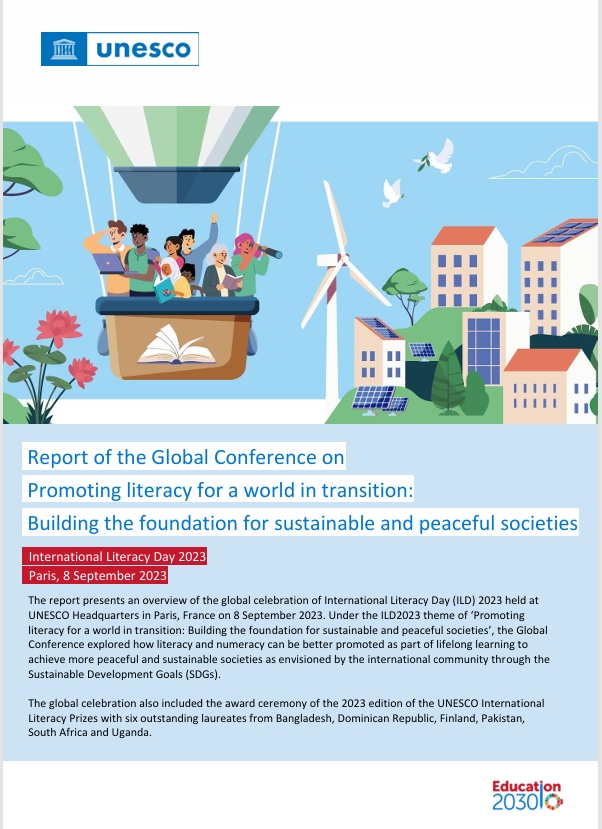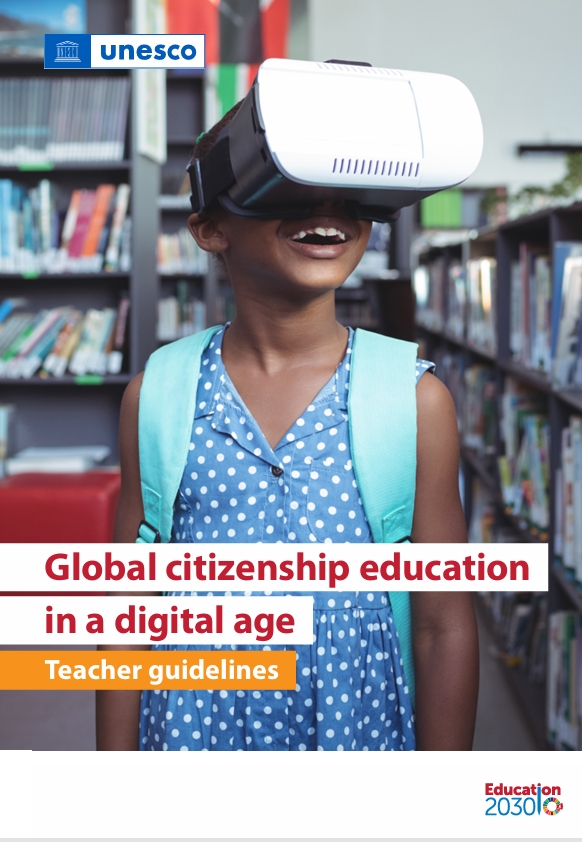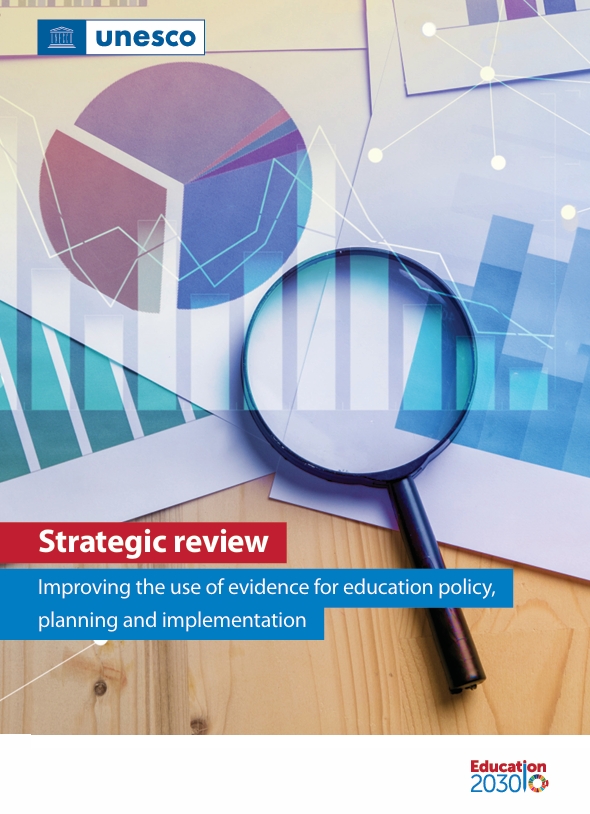When is equal treatment ‘fair’?
The authors describe psychological experiments in which even very young children show a strong preference for the equal distribution of resources to members of a group. In one study, six year olds showed such a strong commitment to equal sharing that they insisted on throwing away extra resources rather than allowing them to be unequally distributed. Research findings of this kind have been interpreted as indicating a natural human ‘aversion to inequality’. But the authors point out that equal distribution is considered fair when there is no obvious basis for differentially distributing resources. Under these conditions, everybody is considered equally deserving and unequal distribution is considered unfair.
When is unequal treatment ‘fair’?
On the other hand, the authors cite research evidence that people consider unequal distribution fair when it is based on differences in merit or need. For example, people generally believe that unequal remuneration for work is fair if it rewards differing levels of expertise, effort or contribution to society. People are generally happy to have more resources allocated to individuals with special needs. Or, if a pre-existing situation has resulted in unfair inequality, people generally prefer to allocate future resources unequally to correct or minimise this inequality. Under these conditions, some individuals are considered more deserving than others and unequal distribution is considered fair.






